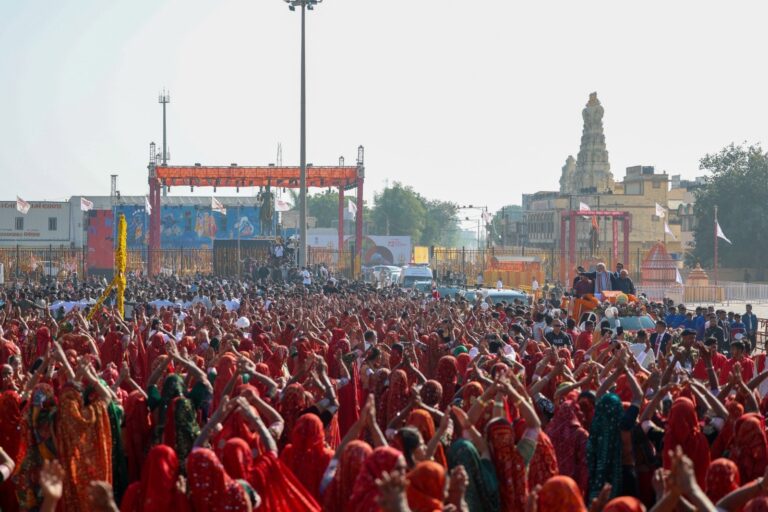
New Delhi: The denial of visas by India to foreign journalists will not go unnoticed by foreign governments who could similarly deny Indian journalists visas to work in their countries, the Delhi Union of Journalists (DUJ) cautioned the Indian government here today. It stated that taking adverse actions against foreign journalists will only discredit India abroad.
Three foreign journalists have in recent months been refused extensions of their visas in the run-up to the elections, and the journalists’ union noted that notes that arrangements for visas and coverage are often reciprocal between countries, a part of strategic diplomacy.
Veteran French journalist Sebastien Farcis has announced today on X that he was denied refusal of his journalism permit by the Ministry of Home Affairs on March 7, 2024, on the eve of elections. Significantly, he has made the matter public only after leaving the country.
Farcis, who worked in India for 13 years as South Asia correspondent of Radio France Internationale, Radio France, Liberation and Swiss and Belgian public radios, has been rendered unemployed. Although he is married to an Indian woman and has Overseas Citizen of India (OCI) status, he has had to leave. He writes, “With no more work nor income, my family has been pushed out of India without explanation, and uprooted overnight for no apparent reason.” He adds, “At least five OCI foreign correspondents have been banned from working as journalists in less than two years”.
Another French journalist, Vanessa Dougnac, was similarly refused a visa extension. The Foreigners Registration Office sent her a notice alleging that her work had created a “biased negative perception” of India. She too is married to an Indian, has a son born here and has an OCI card. She left the country after 23 years on February 16, 2024.
Australia Broadcasting Corporation correspondent Avani Dias also had to leave the country after being denied permission to cover the elections. Her story on the killing of a Sikh separatist in Canada was blocked by the government which stopped YouTube and Facebook from carrying it. Despite intervention by the Australian government, she was given only a two-month visa extension and ultimately left the country.
The DUJ further stated in a press release that it was dismayed by the growing restrictions on reportage by foreign correspondents who since 2016 require travel permits to go to Nagaland, Sikkim, Andaman & Nicobar, parts of Mizoram, Manipur, Arunachal Pradesh, Uttarakhand, Himachal Pradesh and Rajasthan. Visits to Jammu and Kashmir too require travel permits. “In many cases, travel is denied. Further, permissions take weeks, whereas news events require immediate coverage. Some correspondents also report pressure from officials to cover India in a positive light,” the DUJ stated. It added that it “believes that a mature democracy like India must show due tolerance of diverse views and opinions published both within the country and outside”.
– global bihari bureau





